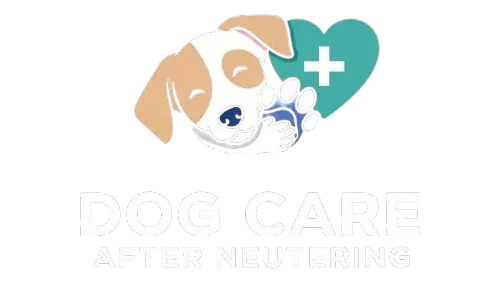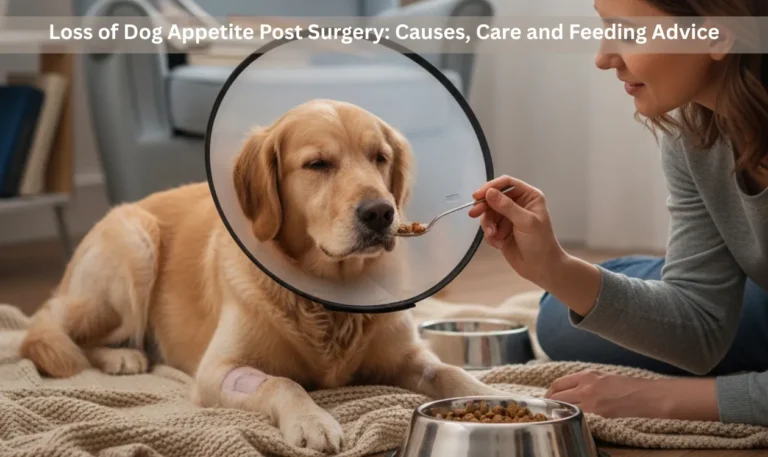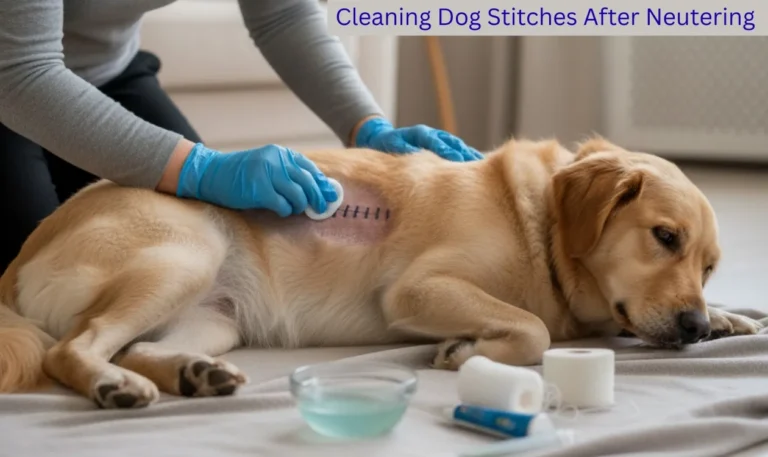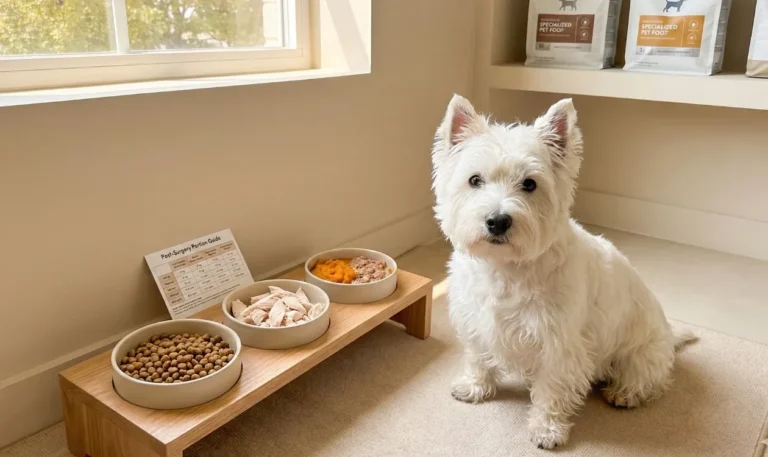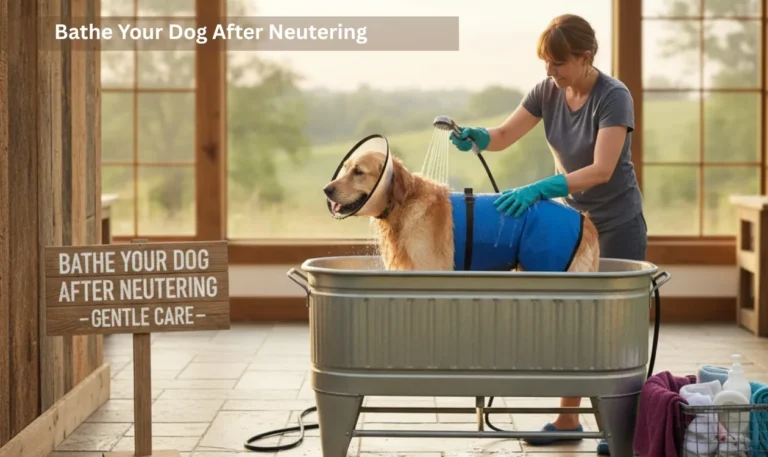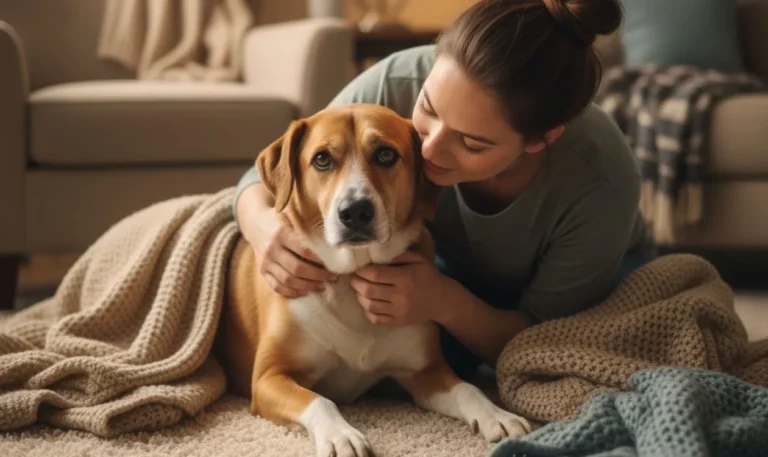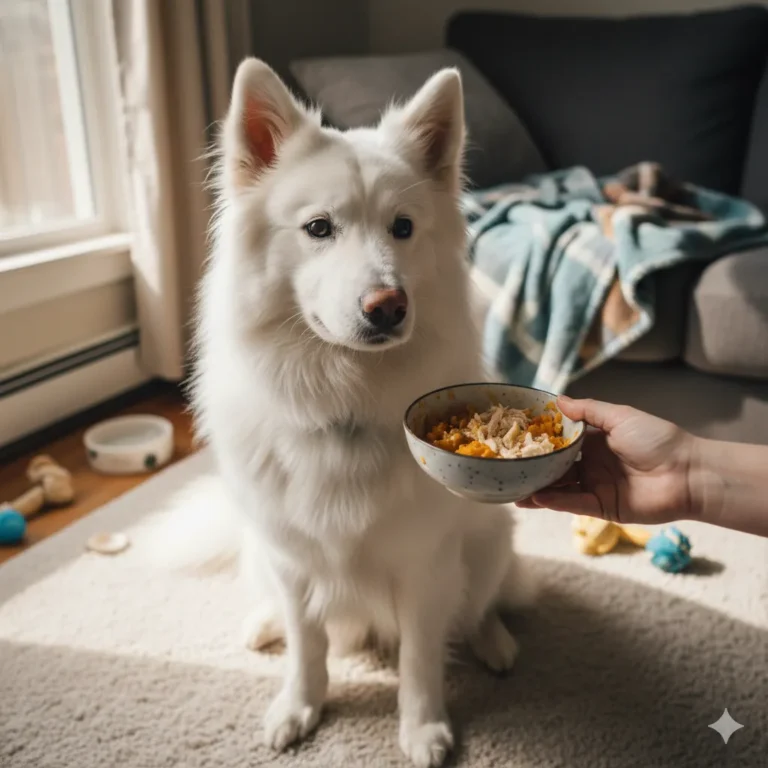Caring of a Dog after Dental Surgery – Helpful Guide
Learn how to caring of a dog after dental surgery with feeding tips, comfort care, and recovery guidance for a safe, smooth healing process.
The treatment of oral problems in dogs, like decay of the teeth, gum infection or abscess, often requires dental surgery. Your pet must be taken good care of after such procedures or it will not be able to recuperate. Most pet owners undervalue the significance of post-dental care and surgery and think that it is crucial to the quality of pain management and recovery. Complications during this time can be avoided and oral health of your pet can be guaranteed by making sure they are given the proper attention during this period.
After a dental surgery, it is not only about comfort when you are taking care of your dog but also helping it heal on the inside. The dogs may be sleepy because of the anesthesia and they may not want to eat a few hours. It is possible to identify early signs of discomfort by making them calm, hydrated, and paying close attention to their mouth. For more helpful tips, check out this dog care guide to ensure your pet’s smooth recovery. After surgery, the treatment allows minimising the risk of infections and recovering your dog more rapidly back to the happy self.
Managing Pain and Discomfort After Dental Surgery
Your dental surgery dog may suffer some soreness and slight swelling of his gums or mouth. To feel well sooner, veterinarians normally recommend pain relievers and it is important to take dosage as recommended. Please do not administer human drugs, most of which are poisonous to animals. Rather, pay attention to the fact that it is better to create a calm atmosphere that will allow your dog to rest and recover more quickly.
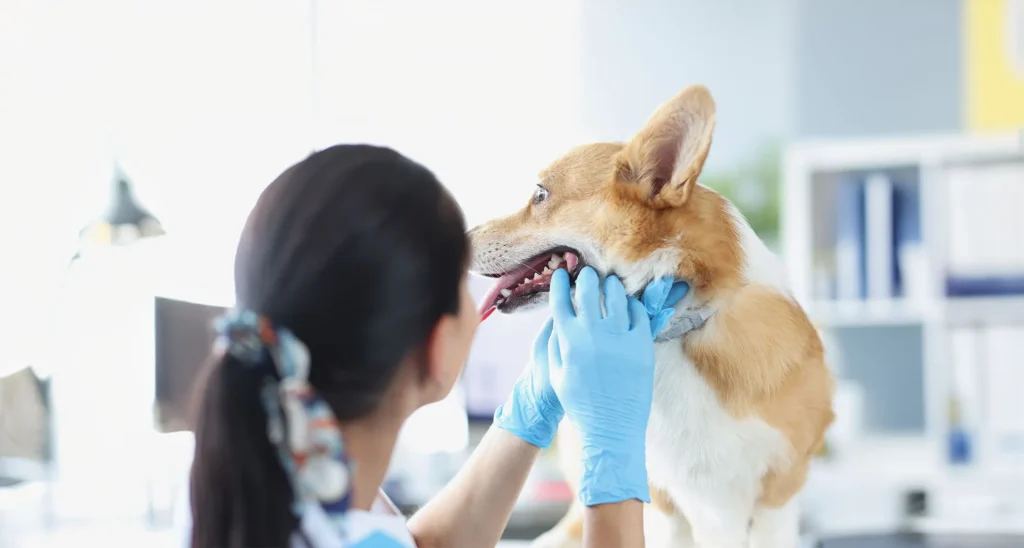
Another thing that is necessary is to Care of a Dog after Dental Surgery and watch signs of excessive drooling, bleeding, or unwillingness to eat, this might indicate complications. The less time you play with your dog the first few days you have it, the less strain he/she puts on the healing tissues. Warm cosy bed and a pat-on-the-back will go a long way when reducing stress and helping the person recover easily.
Feeding Your Dog After Dental Surgery
One of the most significant things in the post-surgery care of a dog is to feed it soft and easy-chewable foods. Keep you food canned or moist as long as at least 1 week or whatever your vet recommends. Do not give hard kibble, bones or chew toys that may be irritating to surgical areas or painful. Solid foods should be gradually reintroduced when your vet says that your dog is not developing any problems.
Another home-cooked alternative to consider is soft-boiled chicken, rice or mashed vegetables which are soft on the gums. Ensure that your dog is not gulping too much water in order to keep him hydrated but not excessive. There are also dogs who may not eat at first and therefore the small portions taken in frequent intervals may assist them get their appetite back without any inconveniences.
Cleaning and Surveillance of the Surgical Area.
It is important to exercise oral hygiene following dental surgery; however, it involves the particular attention at the period of healing. Do not attempt to brush the teeth of your dog within a few days until your veterinarian gives your approval. However, the mouth can be wiped with a moist cloth that is soft and gentle to avoid the accumulation of bacteria. Maintaining the surgical scene clean also reduces the chances of infection and reduces the healing period.
Always examine the mouth of your dog looking at it in case of swelling, redness or bad smell. Such may be a sign of infection or slow healing which requires veterinary care. No dental chews, treats or toys should be used at this stage as they may cause stitch or sensitive tissue damage. Regular monitoring and timely identification of problems will simplify and reduce risks during recovery.
Observation of Behavioral Change in Recovery
Dogs can also act out of character following dental surgery, i.e. they can seem quiet or less active than they normally would. The behavior is usually as a consequence of anesthesia or minor discomfort. Make sure that your dog is allowed to rest in serene environment that is not noisy and does not contain other pets. Do not walk or play with the possibility of straining their mouth or body before you have your vet give them the go-ahead in the activity.
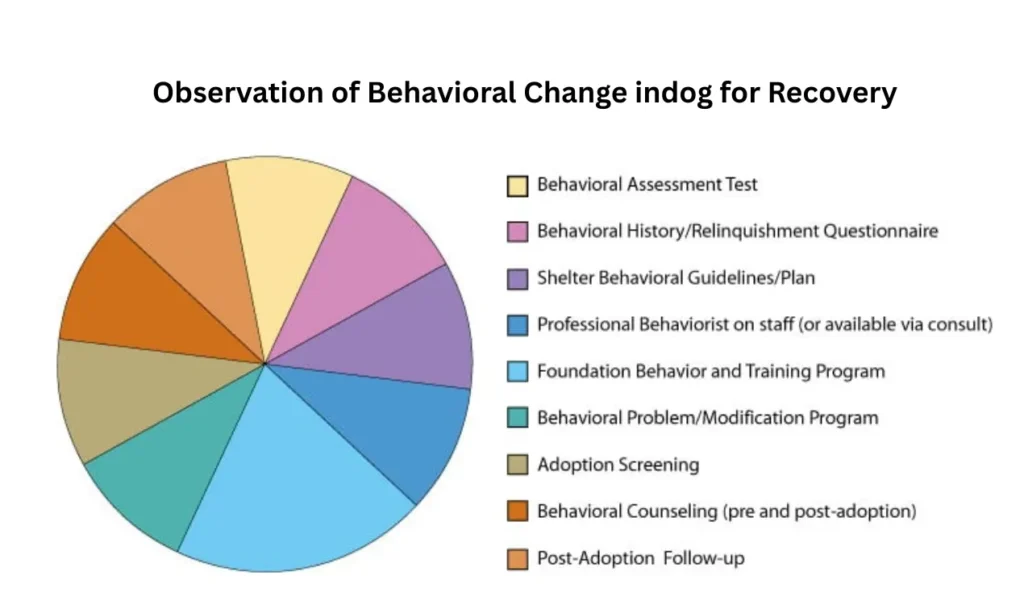
Other such signs as pawing at the mouth, excessive licking or change of appetite should be noted too. These can be indications of pain or irritation that requires a follow-up treatment. Providing support, love, and routine will make your dog feel safe and he/she will heal sooner. You will see this slowly revert to their normal attitude of play as they get back their energy.
When to Contact Your Veterinarian
Timing on calling your vet can also be a big difference on post surgery recovery. Get in touch with them at once in case you see such symptoms as persistent bleeding, anorexia or anorexia, and unremitting swelling. A follow-up check up may be required sometimes to check out the sutures or determine whether the healing is progressing. Communication should be always open with your vet during the recovery period.
When in doubt, it is always good to be safe and be able to improve on the mistake than to have a complication that was not realized. Your vet will be able to advise about normal or symptomatic symptoms. Keeping on time appointments and reporting to your vet on changes to your behavior or body is the best way to have the safest and smooth sailing recovery.
Supporting Your Dog’s Emotional Comfort
Dogs, like people, are able to be anxious or uncomfortable following surgery. Additional attention, caressing, and warm comfort to make them feel safe. This is a sensitive stage and should not be subject to loud noises, abrupt movements or bringing new pets. Stress-free and affectionate atmosphere will hasten the emotional recovery of your dog and will help it feel safe again. Caring of a dog after dental surgery is essential for your pet.
Dogs are creatures of habit and as such, regular feeding and sleeping hours will help minimize stress. Allowing your pet to rest and recuperate without any form of stress will encourage the physical and emotional health of your pet. After you have noticed your dog improve, resume normal playing time and interaction with other people at a slow pace so that his or her confidence and happiness can be restored.
FAQs – Caring of a Dog after Dental Surgery
Final Thoughts
It takes being patient, loving your dog and watching little details to take care of them after dental surgery. To control their diet to taking care of the surgical site, every measure will help to heal more quickly and be generally comfortable. Do not forget to respect the guidance of your veteran and to give your pet a relaxing atmosphere. Even a small amount of attention can make the process of guaranteeing the successful recovery of your dog pain-free and without complications.
The health of your dog is vital to the overall health of the dog, and after surgery, your contribution will go a long way. With a schedule of good attention, doting food, and loving caresses, you will restore their strength and make them smile–they will. As time goes, your filly will rapidly come back to their jovial self, and will express its gratitude with each wag and nuzzle.
